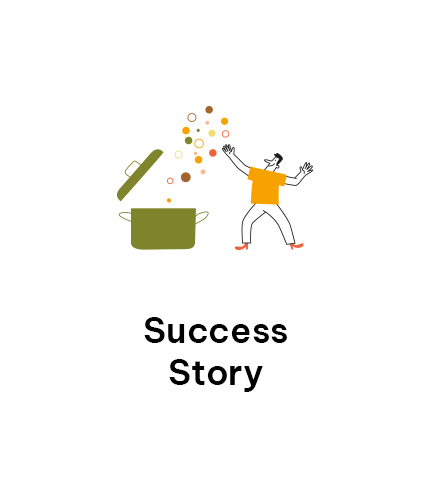Ecoprom
Ecoprom Objective: Green design of membrane processes to obtain targeted proteins.
Project description
Backer : UMR STLO 1253 INRA – Agrocampus Ouest (35)
Partners : Université Rennes 1- UMR-SCR (35), ARTS Chambéry (ex LOCIE-SERAM ENSAM Chambéry) (73), GES (35), NOVASEP Process (78), SOREDAB SA (78)
Partners : Université Rennes 1- UMR-SCR (35), ARTS Chambéry (ex LOCIE-SERAM ENSAM Chambéry) (73), GES (35), NOVASEP Process (78), SOREDAB SA (78)
Sector : Innovative Technologies
Certification date : January 2007
Project length : 48 months
Budget : €1,800,000
Co-funded by :French National Research Agency (ANR)
Presentation ; :
In the face of competition from industry and environmental and regulatory issues, the food industry must provide processes that display a high level of quality and food safety, and that are environmentally responsible.
The project therefore aims to develop a cascade of membrane operations to extract two of the major proteins in bovine milk that are suitable for commercial and industrial use : α‐lactalbumin and β‐lactoglobulin. The aim is to ensure these protein’s functions while reducing the process’ environmental impact compared to the best current techniques (costly and wasteful).
The project therefore aims to develop a cascade of membrane operations to extract two of the major proteins in bovine milk that are suitable for commercial and industrial use : α‐lactalbumin and β‐lactoglobulin. The aim is to ensure these protein’s functions while reducing the process’ environmental impact compared to the best current techniques (costly and wasteful).
Results :
> Scientific & technological : The research project confirmed the potential of membrane processes for splitting proteins (maintaining proteins whole, reduced environmental impact). Life Cycle Assessment revealed the key actions to take to secure environmentally friendly splitting procedures. Ultimately, four ideas for environmental improvement were identified : savings in energy, water, raw materials (milk), and substances (cleaning).
These results were featured in numerous publications both at home and abroad in scientific articles (3 published,
6 still underway), oral presentations (10), written presentations (13), or articles and conferences for the general public (19). The results lead to a guide to eco‐design procedures for separating the membranes of components of milk. The guide outlined the procedure for simplified Life Cycle Assessment (LCA) applicable to dairy industry procedures.
These results were featured in numerous publications both at home and abroad in scientific articles (3 published,
6 still underway), oral presentations (10), written presentations (13), or articles and conferences for the general public (19). The results lead to a guide to eco‐design procedures for separating the membranes of components of milk. The guide outlined the procedure for simplified Life Cycle Assessment (LCA) applicable to dairy industry procedures.
> Economic : The results (splitting processes, LCA) were able to be quickly implemented by the project partners. This knowledge of LCA for eco‐design enabled them to cast a critical eye on their tools, and to comment on and analyse the LCA studies carried out, as well as providing pertinent advice or even implementing the process when designing installations or performing critical analysis of existing facilities. Some industrial partners
quickly appropriated the simplified LCA : one partner in particular has already used the approach to analyse the environmental impact of certain filtration stations within his group.
quickly appropriated the simplified LCA : one partner in particular has already used the approach to analyse the environmental impact of certain filtration stations within his group.
Prospects ; :
The methodology that was developed forms a reference for eco-design of procedures in the dairy industry, and may be applied to even more agri-foodstuffs processes. The diffusion of the results to other processing and equipment companies is still underway, as the information is simplified, training is provided, and the protect partners lend their expertise.
The knowledge gained as part of the project was enhanced by the participation of STLO in the ANR Valobab project “Sustainable Processing of Buttermilk” coordinated by MC Michalski (INRA UMR CARMEN, Lyon), and certified by Valorial in April 2011.
Another project on the eco-design of food industry processes is also underway.
